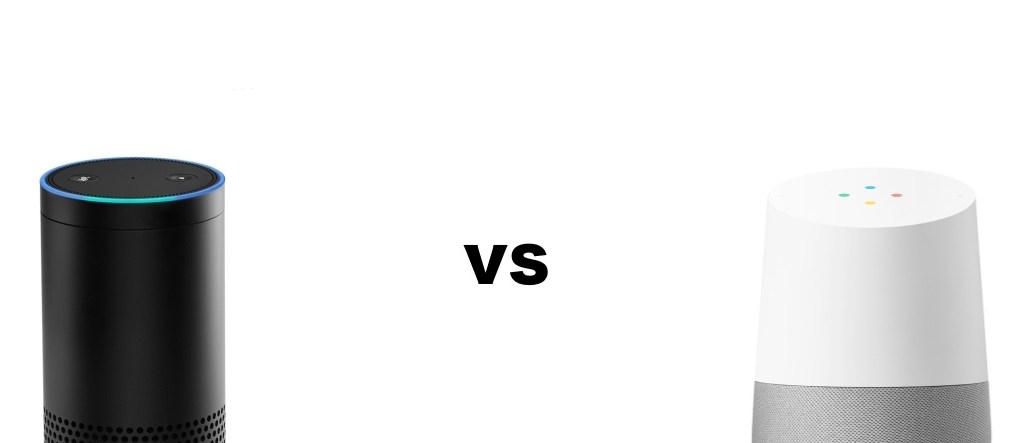Secure your place at the Digiday Publishing Summit in Vail, March 23-25
Between Alexa and Google, publishers now have to develop on two voice platforms

All of a sudden, publishers have two voice platforms to worry about.
While publishers big and small – including Digiday! – are still figuring out where Amazon’s voice platform, Alexa, fits into their daily allocation of time and resources, it’s become clear that everybody will have to divide their time.
Google Assistant, the voice platform that animates Google Home, as well as its new phone, the Pixel, has had no trouble making a case that publishers should be building bots for the Assistant too. In just a matter of weeks, it’s attracted publishers ranging from Hearst to the Huffington Post; more than a few of them, including VentureBeat and Genius, decided to take their first steps into voice territory with Google, rather than Amazon.
And while Alexa and Assistant have superficial similarities, industry observers expect premium publishers and brands will treat them distinctly. “The tier-one developers are going to build native for each platform,” said Adam Marchick, the co-founder of VoiceLabs, an analytics firm that provides voice platform data. “Otherwise, you’re just having to be kind of more generic, and for no good reason.”
While there are many similarities between the two platforms, Alexa and Assistant are apples and oranges. Last month, Google announced it had a little more than 30 “actions” developed by third-party brands and publishers; Amazon, at last count, had more than 5,000.
There’s also the matter of where the platforms work. At the moment, Amazon’s platform is available only on the Echo and the Dot, two home- and office-bound devices. Google’s platform, by contrast, is available not just in Home but in the Pixel, and in Allo, its messaging app. It is widely expected to become available in upcoming versions of Google’s Android operating system and, potentially, in Android Auto, an operating system designed for cars.
That spread across devices gives Google’s platform a chance to be instantly relevant, as does the fact that at least one of those devices is expected to be a hot seller: Analysts at Morgan Stanley predicted that 3 million Pixels would be sold in the final three months of this year, with another 2 million to 3 million coming off shelves in 2017. That would immediately put it in the same neighborhood of total users as all of Amazon’s, which is expected to sell around 4 million Echos by the end of 2016.
Despite their differences, not every publisher sees the two platforms as hugely dissimilar. Marchick, the Voicelabs co-founder, notes that many actions and skills are built out of very similar code. And for publishers looking to reach the greatest possible scale, there’s benefit to seeing them as separate, but equal.
“Considering both platforms have the ability to reach quite large audiences, frankly, improves our ability to scale product development,” said Chris Papaleo, from Hearst’s corporate technology group. “Being able to develop once on Alexa and again on Google Asistant isn’t necessarily two times the work.”
Other publishers see two new platforms as twice as much lab space to conduct experiments in. The Huffington Post, for example, offers a news briefing on Alexa and a headlines quiz game on Assistant. To Julia Beizer, the Huffington Post’s head of product, learnings on one can be ported over to the other.
“We’re all just at the beginning stages of learning how our consumers will interact with these devices to get news,” Beizer said. “We’ll take some learnings from this project and evolve all of our voice and AI-powered initiatives in the new year.”
That simple fact – that everybody, consumers and publishers alike, is figuring out the best use of these things, incentivizes everybody to try as much as possible. “The choice of platform for publishers will be determined by consumers–entirely based on context,” said Beerud Sheth, CEO of bot developer Gupshup.
More in Media

How creator talent agencies are evolving into multi-platform operators
The legacy agency model is being re-built from the ground up to better serve the maturing creator economy – here’s what that looks like.

Why more brands are rethinking influencer marketing with gamified micro-creator programs
Brands like Urban Outfitters and American Eagle are embracing a new, micro-creator-focused approach to influencer marketing. Why now?

WTF is pay per ‘demonstrated’ value in AI content licensing?
Publishers and tech companies are developing a “pay by demonstrated value” model in AI content licensing that ties compensation to usage.







